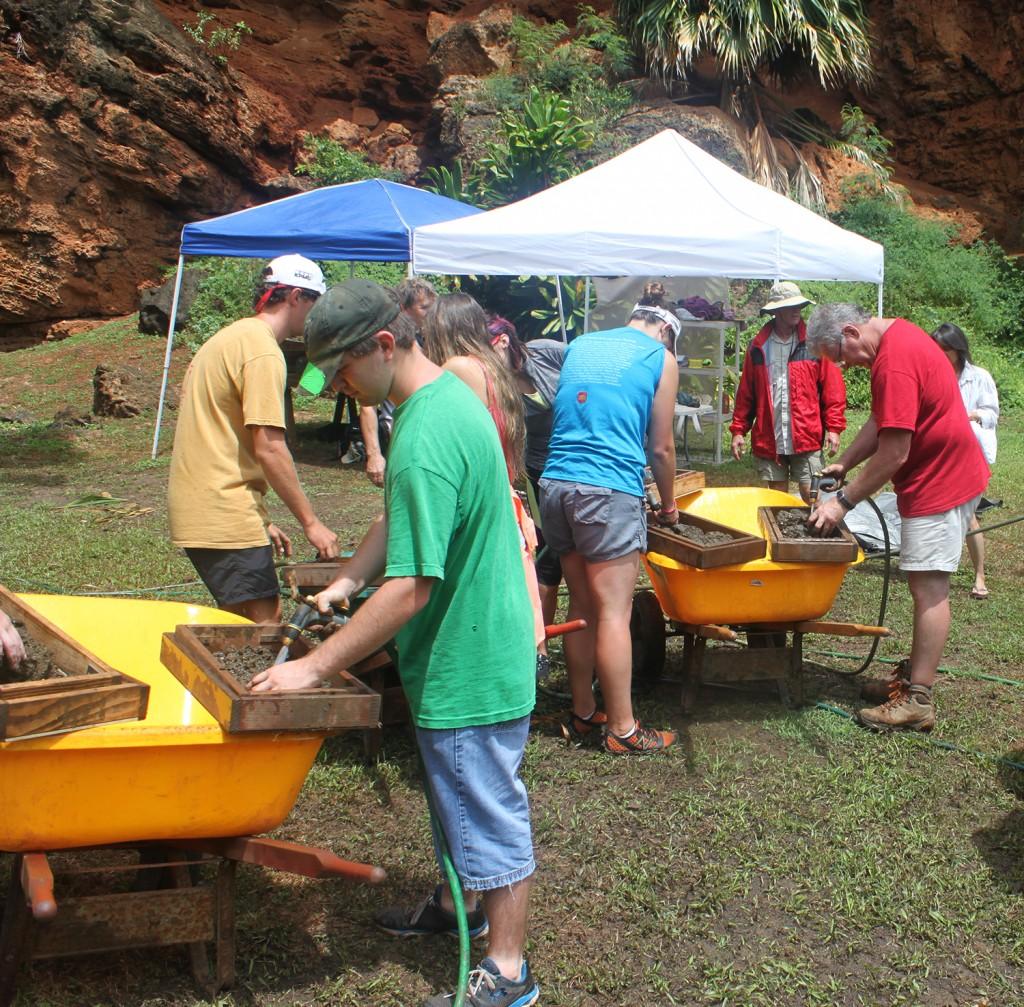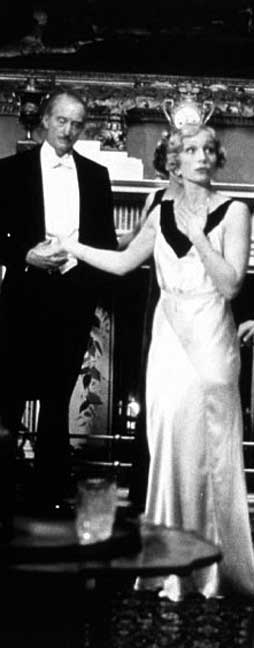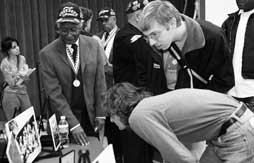by Katie Hudson-Martinez
feature editor
(Part 2 in a four-part series celebrating the 30th anniversary of the Women in New Roles program.)
Tiffany Joseph never imagined things turning out so well when she was camped out at The Superdome after Hurricane Katrina hit New Orleans in 2005.
The South Campus Women In New Roles student and her family lost everything in an instant and struggled to deal with the reality of having to start a new life in a new city.
“After we realized we weren’t going to be going home again, it became a scary prospect—just to get on a bus to somewhere that we didn’t know anybody,” she said.
“We didn’t know what to expect.”
Joseph, along with her mother and younger sister, waited in long lines for busses heading to Houston and Dallas before being put on a bus to Fort Worth at the last minute.
“We were in line for a bus for 15 hours.” she said.
She said the area was in horrible condition.
“There were piles of discarded items and trash everywhere, and people pushing trying to get on a bus,” she said. “It was overwhelming.”
Leaving the city where she was born and raised, Joseph had only the clothes on her back, a Bible, a cell phone with no charger and a wallet with no money in it.
Joseph and her family spent their first few days in Fort Worth at the Wilkerson Grines Arena across from South Campus, where she found out TCC was offering free classes to Katrina survivors who were relocating to Tarrant County.
She decided to enroll, and several times came across fliers for the WINR program around campus.
“I was interested in the program, but it seemed like every time I came across something about it, I had just missed the deadline again,” she said.
But in 2007, Joseph did join the WINR program on South Campus.
The program was exactly what she needed to help put her life back in perspective.
“I had been through some really, really rough times,” she said. “The program forces you to answer a lot of hard-hitting questions about your life and your goals. It is designed for women in transition and it really is a journey of self-discovery.”
Joseph is currently re-taking the WINR courses after becoming more settled and stable.
“I really felt that I would benefit from taking them again and being able to really open up and devote myself,” she said.

During the first time around, she was involved in a car accident, lost her temporary job and, subsequently, her apartment.
Joseph has now found a good steady job and has become active in her community church.
She has begun to grow roots in a city that she had never been to before.
Joseph said she has visited New Orleans several times since 2005, but she doesn’t plan on moving back.
“I miss home, but it’s not the same. I have grown to love Fort Worth,” she said.
“I have found a wonderful and supportive community here,” she said.
Joseph’s mom, who suffered a stroke in 1999, has also found a new job, and her sister graduated from O.D. Wyatt in 2006, walking across the Wilkerson Grines stage where the family stayed in those first few days.
“I’m trying to convince her that she needs to come to TCC and join WINR,” she said.
“I hope that one of these days she will,” she said.
Joseph plans to transfer to a four-year university soon to study a combination of business and humanities courses.
She wants to pursue grant writing and a future as a successful entrepreneur.
She still doesn’t have a car, and riding the bus to and from campus is difficult.
“Sometimes I don’t get home until 11, and I have to get up at 5 for work,” she said. “But the WINR program has helped me to realize that I want a career and not a job. I want to change my future, and I am determined to succeed.”





























